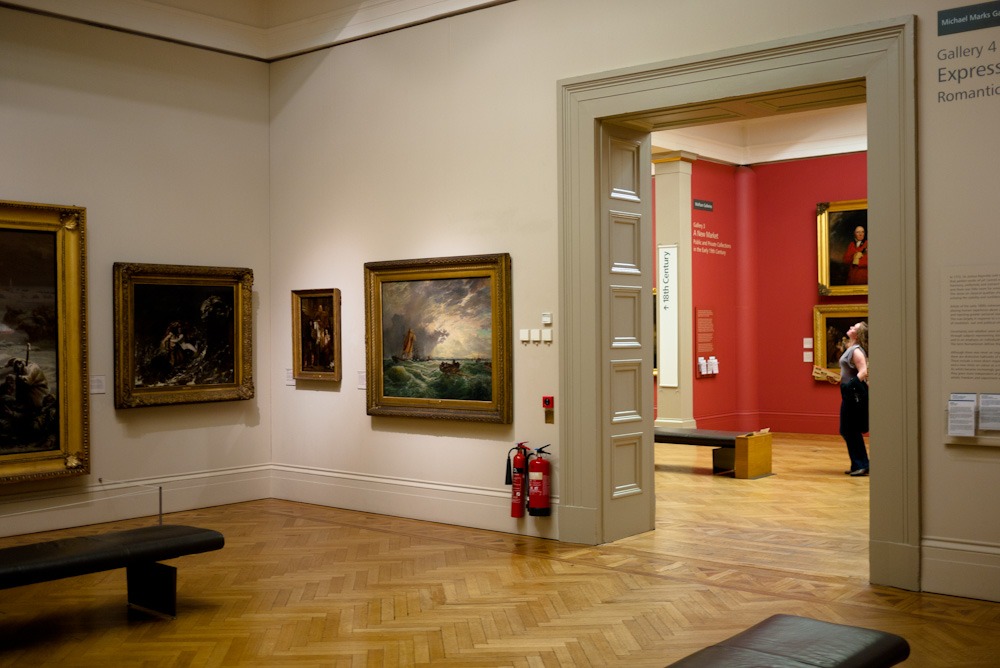Should we consider the context of art?
After the Oscar nominations this year, the actress Constance Wu criticised the nod for Casey Affleck because of sexual harassment allegations against him. She criticised him because art is about humanity, and because (most importantly here) art has context – that struck me as a really interesting idea, and one I’d like to explore. Does context affect art, or our interpretation of it? Is a piece of art better or worse because of the context surrounding it?
Obviously, in its most literal sense, the answer to the first question is yes. You can look at any event in the past or the present, and find art inspired by it, for or against. At the moment, artists are writing songs, creating images and texts that discuss the new president, as they have done for every president before him. Art can serve as a window to our world, and the artists are the people who help fashion that window.
If you like one of Hitler’s works, how does that reflect on you?
Let’s now take a different tack – you’d struggle to deny that Adolf Hitler was one of the worst people to ever walk the earth. In his early days, however, he intended to be a painter. I’m not an art expert by any means, but it seems Hitler was not a terrible painter – apparently, his issues were that he wasn’t too good at people, and his style was somewhat old-fashioned for the 20s.
In June 2015, there was an auction of some of Hitler’s watercolours and drawings in Nuremburg (there have been others in the past). The most successful sale was of a painting of a castle in Bavaria, which raised £71,500, and it did so amongst a load of outrage. The auction house stated it was only selling historical items, but there was criticism that these sales were wrong, and that people buying the art were immoral.
Is it, though? It’s not Nazi memorabilia (which is illegal to sell in Germany), but rather a painting of a castle. That it was painted by one of the most evil men in history affected its monetary value, no doubt, but does it affect the artistic value of the piece? If Hitler had painted the Mona Lisa, would we still revere it? And if you like one of Hitler’s works, how does that reflect on you?
Some would argue that the strength of the art is what counts
How about art made by bad people, but with good intentions? In the UK and the USA, there are prison programmes encouraging convicts to create art, with the idea of educating them and giving them another means to express themselves, thereby helping to rehabilitate them. It helps fight increasing mental health problems in prison, and changes the perception that these people are lesser because of their incarceration – prison art has received rave reception at shows in America. But the same questions about artistic value remain – is a beautiful piece of art less beautiful because of the (potentially) unsavoury circumstances of the artist?
Some would argue that the strength of the art is what counts, whereas others would argue context overrides everything – take, for example, the argument over whether the artistic merit of graffiti trumps the criminal act of creating it. How can we really make that value judgement?
In writing this, I know I’ve taken some of the most extreme examples I could, but I think they serve to make some interesting questions. I can’t claim to have really answered many (if any) of the questions I’ve posed either – whether art has a context or not is a multi-faceted concept. Literally, of course it does, but the artistic value of contextual art is as subjective as ever.

Comments